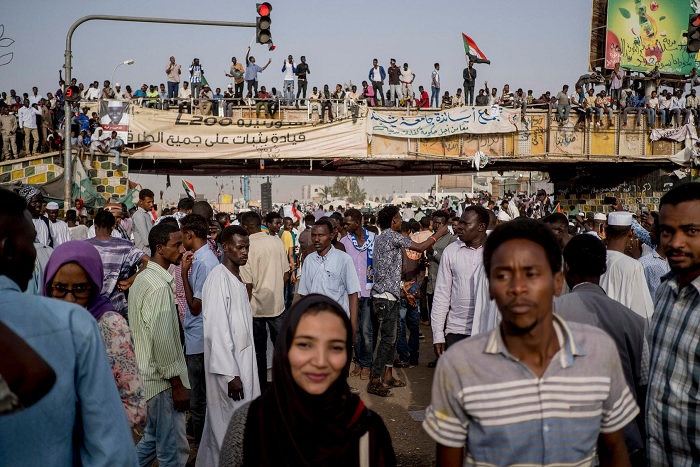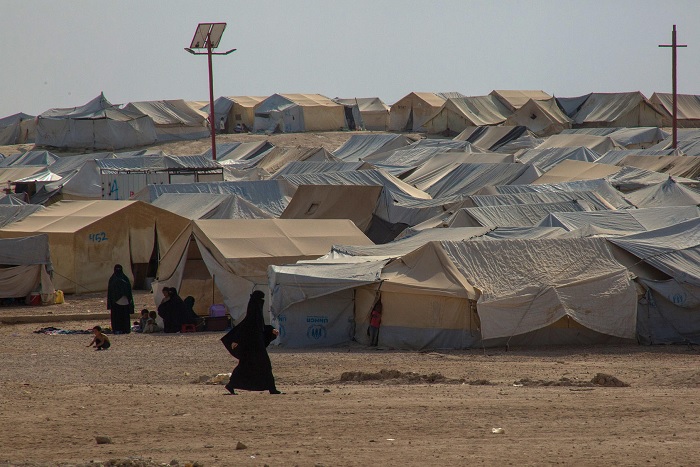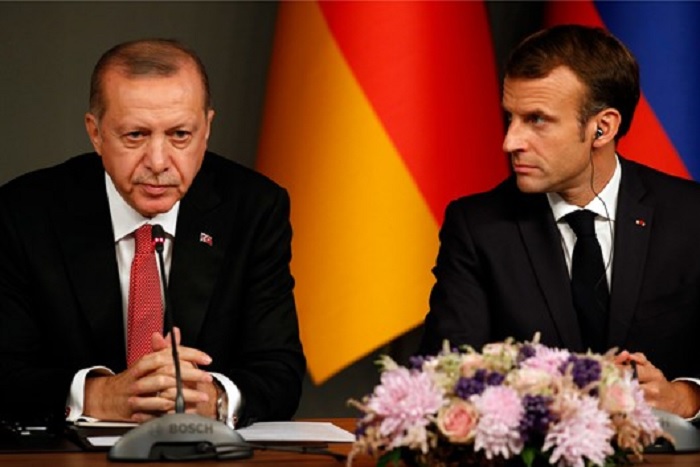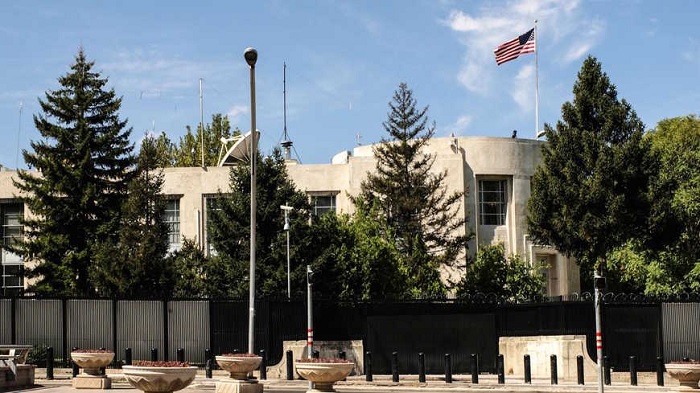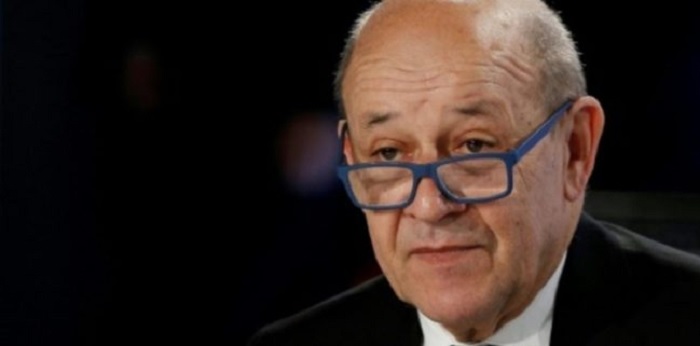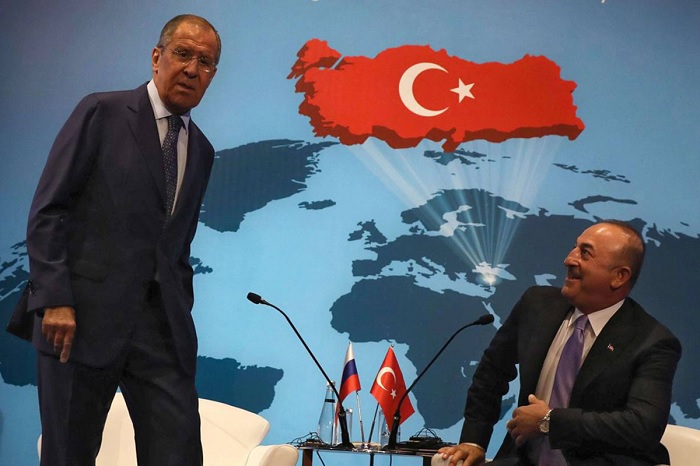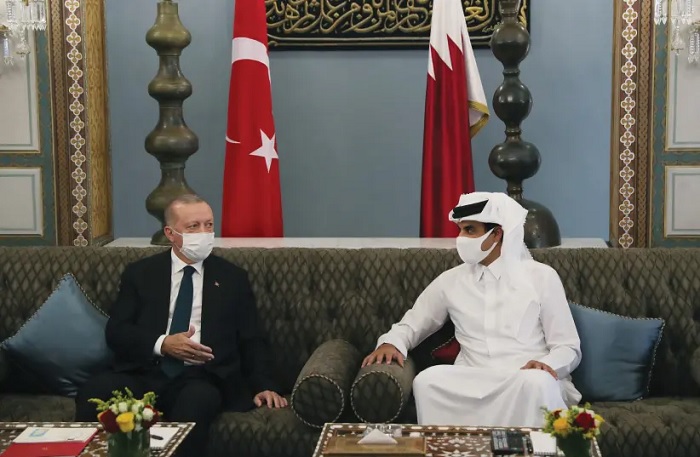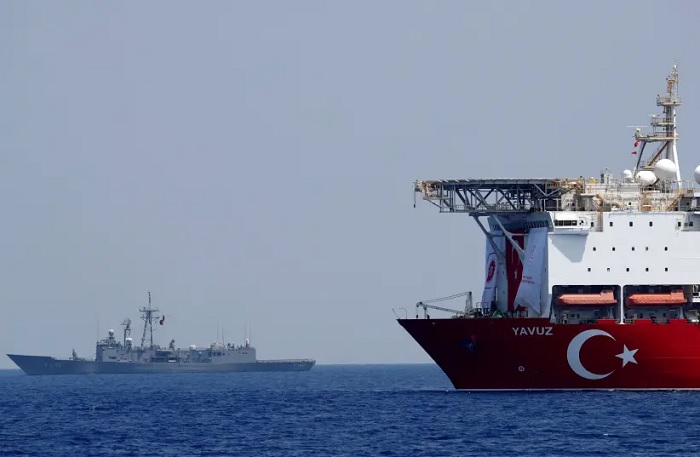US issues more threats to NATO ally Turkey after Erdogan confirms tests of Russian-made S-400 systems
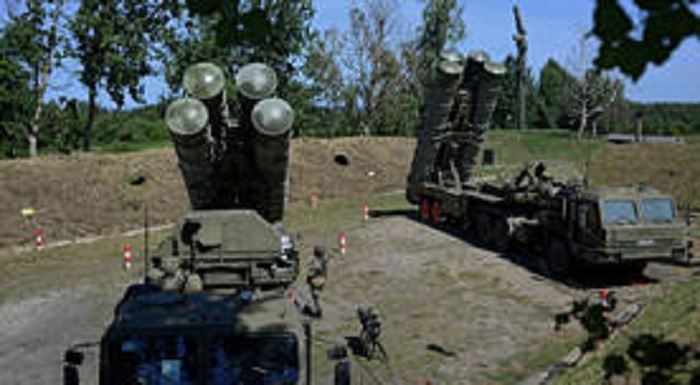
Turkey’s tests of its Russian-made S-400 air defense systems violate Ankara’s commitment to NATO and may hamper its security relations with the US, the Pentagon has said, after President Recep Tayyip Erdogan confirmed the drills.

